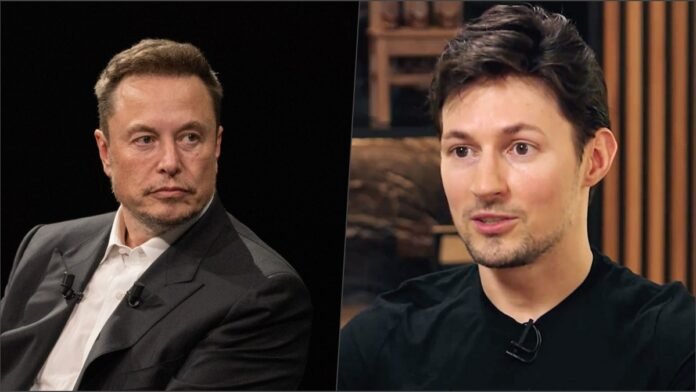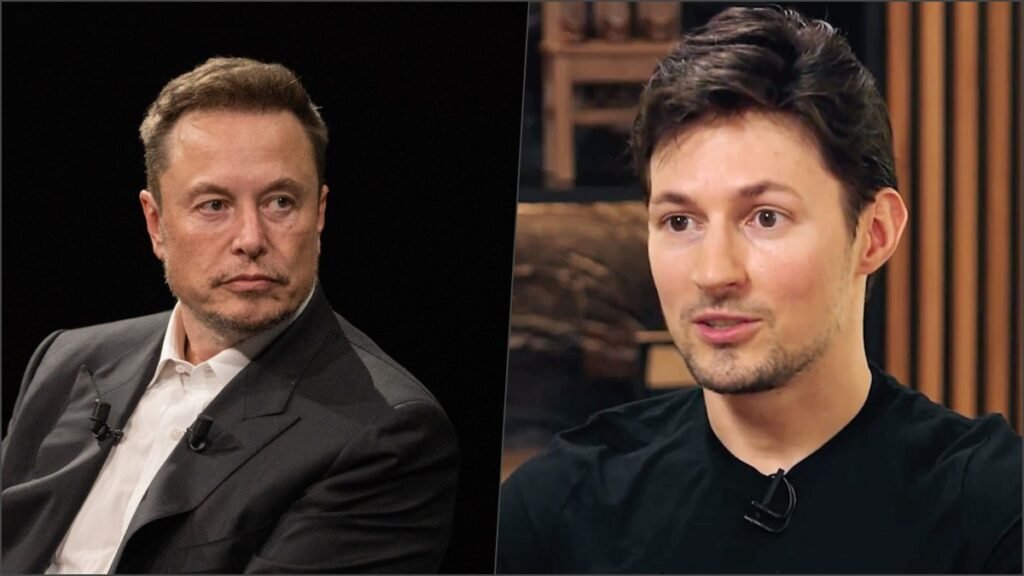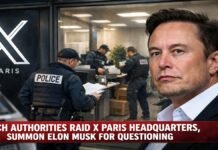
San Francisco: In a dramatic turn of events, Elon Musk has emerged as a vocal supporter of Telegram founder Pavel Durov after the Russian-born billionaire was detained in France, sparking widespread outrage on social media. The arrest, which occurred at a French airport on Saturday, has been widely criticized as a severe blow to free speech, with Durov now facing up to 20 years in prison if convicted on numerous charges related to his encrypted messaging platform.
The detention of Durov, a staunch advocate of privacy and secure communication, has sent shockwaves across the globe. Telegram, known for its robust encryption and resistance to government surveillance, has often been in the crosshairs of authorities, but this arrest marks a significant escalation in the ongoing tension between tech innovators and state powers.
Elon Musk, CEO of Tesla and SpaceX, quickly took to his own social media platform, X, to voice his outrage over Durov’s arrest. In a series of posts, Musk didn’t just defend Durov; he launched a blistering attack on his long-time rival, Mark Zuckerberg, accusing the Meta CEO of turning a blind eye to the “massive child exploitation” problem on Instagram.
Musk’s pointed criticism of Zuckerberg wasn’t just about Durov’s arrest—it also reignited the rivalry between the two tech titans, which has been simmering for years. Their public feud once escalated to the point where a “cage fight” was proposed, though the much-hyped event was eventually called off.
In one of his posts, Musk claimed, “Instagram has a massive child exploitation problem, but no arrest for Zuck, as he censors free speech and gives governments backdoor access to user data.” His statement highlights ongoing concerns about the safety and security of social media platforms, as well as the responsibility of their leaders.
This isn’t the first time Zuckerberg has faced scrutiny over child safety issues. Earlier this year, during a Senate hearing on Capitol Hill, Zuckerberg issued a public apology to the families of victims of online child exploitation. He admitted, “I’m sorry for everything you have all been through. No one should go through the things that your families have suffered.” Despite these words, critics argue that more needs to be done to combat such issues on Meta-owned platforms.

Musk’s recent comments also bring to light his disdain for Meta’s business practices. Back in May, Musk accused Meta of being “super greedy” in taking credit for advertisers’ success, while admitting that his platform, X, was “terrible at claiming credit.” This ongoing rivalry between the tech giants underscores the broader battle for control and influence in the digital space, where issues of privacy, security, and free speech remain at the forefront of public debate.
As the world watches the legal proceedings against Durov unfold, Musk’s vocal support has further fueled the conversation about the balance between security and freedom in the digital age. The outcome of this case could have significant implications for tech entrepreneurs and the future of encrypted communication platforms globally.






















































